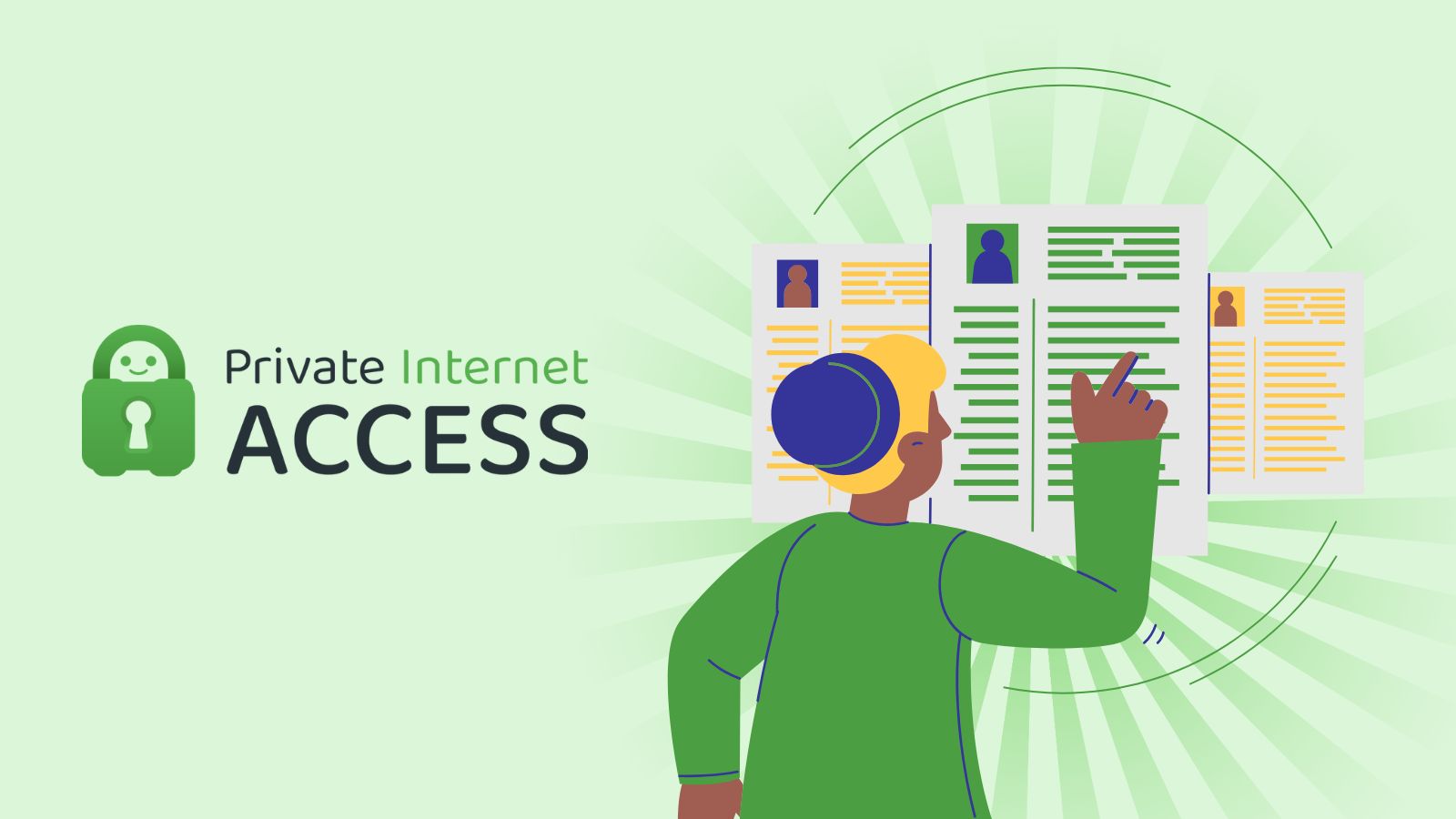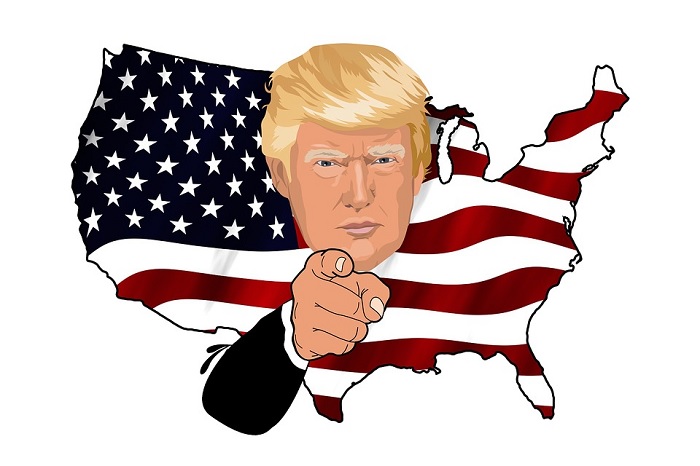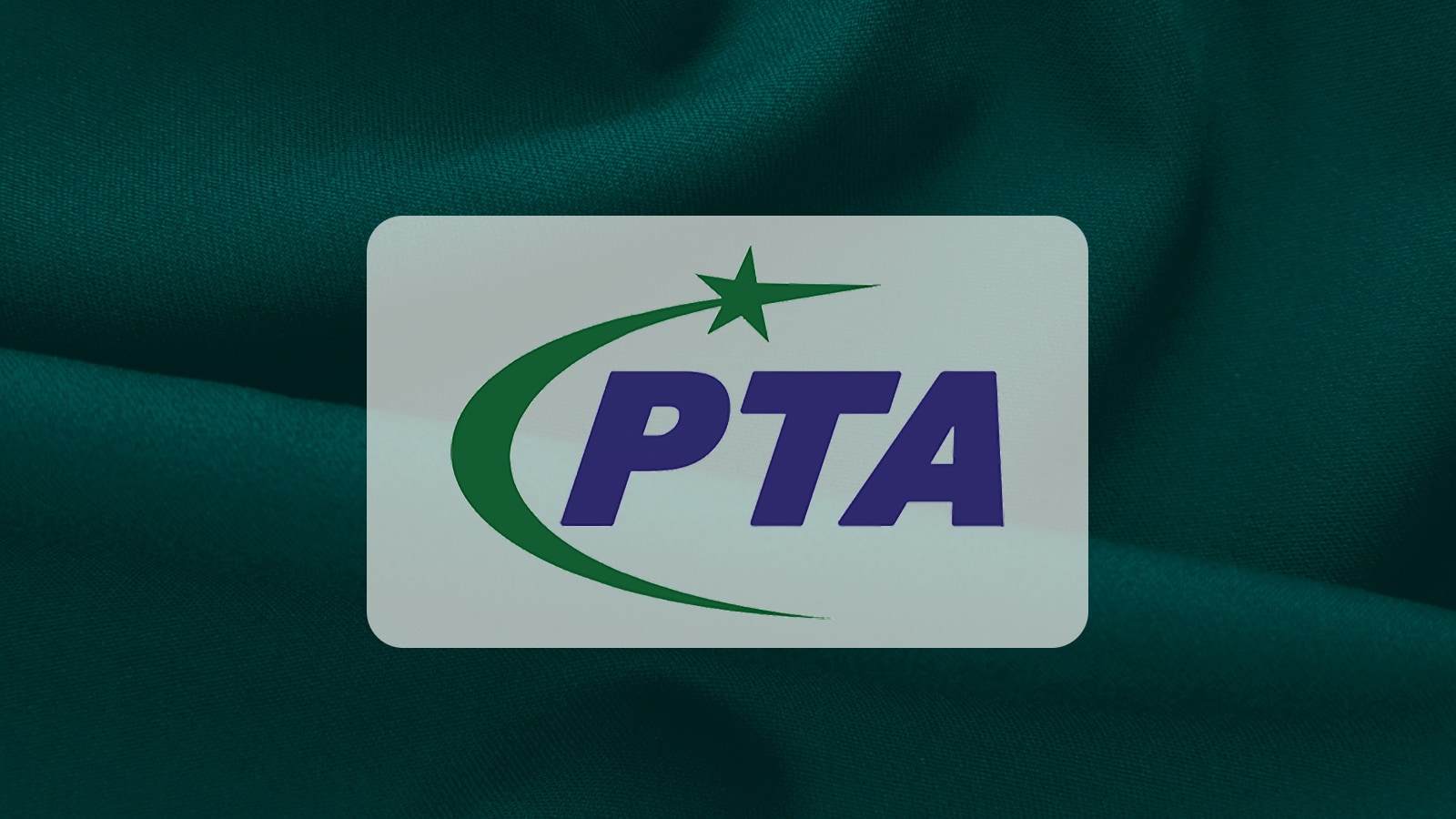
Net Neutrality and VPN Users: How the Repeal Hurts
If you've been living under a rock you might not have heard about the FCC repealing net neutrality laws. These legal protections were all that stood between ISPs and their ambitions for a more profitable internet.
Without net neutrality protections, ISPs can now decide to charge you for specific internet services such as streaming or email separately. They'll have the power to slow down or block services and sites as they please. In a proper free market, no ISP is likely to pull such shenanigans. Users will simply move to the most consumer-friendly provider. However, the USA does not have true telecoms competition and so many people literally only have one or two providers to choose from.
VPN users are not going to come out of this unscathed. Our own Isaac rightly says that a VPN is crucial in a world without net neutrality protections. However, it's a mistake to think that it will be business as usual.
Why You Should Still Use a VPN
That being said, just because there may be some challenges and hardships on the horizon for VPN users, it doesn't mean you shouldn't be using one. Most of the difficulties VPNs will face aren't going to be related to their privacy services. At the same time, the fall of net neutrality laws in the USA means that new threat to user privacy. Most notably there is now no legal relief from ISPs that want to share or sell your private information.
No matter what, the end-to-end encryption that a trusted VPN provides will prevent ISPs from gathering that information in the first place. You better believe that many of them don't want you to hide from them in this manner. After all, the Big Data game is a very profitable one.
VPN Users Can’t Escape the Net Neutrality Repeal
It's easy to fall into the trap of thinking a US legal repeal is a US-only problem. The fact of the matter is that the USA has a massive influence on the internet as a whole. For one thing, many other countries take their internet legislation cues from what the US does. The sheer amount of internet infrastructure that exists in the US also poses a problem for any data packets that have to traverse it. Even if neither the source or destination are in the USA.
Although VPNs provide a private point-to-point tunnel, the actual VPN packets still have to traverse the same networks as everything else. ISPs can also tell that you're using a VPN (with some exceptions) or that you are connecting to a known VPN server. Without net neutrality protections in place, they can decide to mess with VPN access as a whole. Let's look at some of the specific ways the repeal of US net neutrality can affect how we use VPNs in the future.
VPN Traffic Throttling or Whitelisting
As I mentioned above, although an ISP can't tell what information you're sending to and from the VPN server, it can tell that you are using a VPN either based on the packet format or the server's identity.
Until now we've used VPNs to work around existing throttling by ISPs. Where they might throttle down P2P or streaming traffic. Made by a VPN the throttling falls away and you can get much better performance. Now those ISPs might simply cut VPN traffic to a trickle or block it completely. It's not outside the realm of possibility for special VPN packages to appear. In other words, if you want to make use of a VPN on your internet connection you'll have to pay the ISP a separate amount.
You may also not have a free choice of VPN services. Instead of blacklisting all VPNs, which is really impossible, an ISP might decide to have an approved whitelist instead. So only VPN providers that have an agreement with that ISP can operate on its network. That immediately compromised the independence of a VPN service. It's a scary thought and we don't know if ISPs will actually do this. The point is that they could if they wanted to.
A Rise in VPN Subscription Costs
If your VPN of choice has an exit node in the USA, it has to pay a US service provider to connect that node to the internet. As you can imagine it means that the VPN provider itself is at the mercy of the newfound power US ISPs have at their fingertips.
For those of us who are outside the USA, but use US exit nodes to unblock content, this is especially bad news. It's possible that VPN providers are going to have to pay their ISPs significantly more to carry subscriber data and those additional costs will, of course, be passed on to VPN customers.
One of the more serious repercussions of a general cost increase could be the end of small VPN providers who simply cannot afford to pay off ISPs without raising their prices so high their customers disappear.
Non-neutral VPN Packages
In some ways, VPNs resell their internet services in a non-neutral way already. It's not uncommon for streaming or P2P services to carry an additional cost if you want them via VPN. It makes sense since bandwidth-heavy applications are going to drive up the cost of business for the VPN. With the fall of US net neutrality, those packages might become the norm.
In other words, VPNs might be offering a basic browsing package that excludes streaming, downloads or P2P. Each of those services would then be a bolt-on option. They might have no choice in the matter since the additional cost of carrying these data types on the VPN's end would be too expensive for a general, flat-fee service.
I also wouldn't be surprised if we start to see VPN packages that circumvent the US completely. Purposefully routing around US network. Obviously, these would not have any US exit nodes, but for those who don't care for US server access, it might be the best option.
Complicated US Content Unblocking
One of the big fears raised as a result of the net neutrality repeal is that big companies will pay for fast speeds with smaller content providers left to die a slow death. Even worse, there might now be strong fragmentation when it comes to which services work with which ISPs. In other words, Netflix might work great with ISP A, but Hulu might be the best choice for ISP B.
With a more or less neutral network VPNs could offer just about the same level of service regardless of which provider's content the user wanted to access. The VPN didn't even have to be aware of a specific content provider since it's all the same down the data pipeline.
Now the ISP serving the US exit node might only provide usable service on a limited number of mainstream content libraries. This means VPN owners will have to carefully decide whether a given ISP will carry data for content enough subscribers want. Conversely, we as VPN customers now have to care which ISPs our VPNs use. We need to care what sort of deals they've struck. Which services will they support? Most importantly, have they made data sharing deals for preferential service?
Potentially Slower VPN Performance
You'll notice on TechNadu that we care a lot about VPN performance. It's almost inevitable that routing all of your internet data through a single virtual pipeline is going to have some sort of negative impact on your connection performance. Good VPNs have so little impact that you really can't notice. Bad VPNs can cause so much degradation that your connection becomes unusable.
At the moment we already have to evaluate things like streaming and P2P traffic differently from normal web traffic. Getting an accurate picture of a given VPN's performance is already pretty complex. There are many factors that can influence how well a VPN performs. These include how many servers they have, what protocols they use and simple things like distance and total bandwidth.
If we now throw in a VPN-side ISP that can essentially do what it likes on a per-application basis it's going to become very hard to figure out whether a specific VPN is any good or not. Not to mention the risk of taking out annual plans when the whims of some distant ISP can turn a great VPN into trash overnight!
There are other performance hurdles on the horizon as well. When faced with the wild west of US network infrastructure it might be the lesser of two evils to route around US nodes. Either way, things will be slower than before.
VPNs Must Evolve
Unless the Democrats succeed in finding a legal way to reverse the net neutrality repeal, VPNs are going to need change and fast. The normal VPN business model might no longer be viable in a non-neutral US internet world.
This is of course also a good opportunity for the market to get a shakeup. VPN providers that can figure out what the competitive edge is now that net neutrality looks to be dead could knock some of the top players down a few notches. For small players, it's literally a case of do-or-die.
To be honest, VPNs have been under assault long before this repeal took effect. Streaming providers such as Netflix have gone to extraordinary lengths to blacklist VPNs. To the point where many have simply given up. The only foolproof ways to unblock those services is a rapid IP address rotation strategy or dedicated private IPs. Both of these methods come with cost implications for the subscriber. We all know that quite a few governments have gone to great lengths in order to kill VPNs too. The repeal of net neutrality is just another hurdle on the road to privacy and freedom.
VPNs will remain an important part of using the internet safely and anonymously, but few can argue this latest development won't give the industry a bloody nose. There are however two key changes I see happening in the short term.
Better VPN Masking
Some VPNs, such as TorGuard, have "stealth" VPN technology. In other words, they've created VPN protocols that can defeat deep packet inspection, sophisticated firewalls, and network administrator restrictions. These technologies are already in use when it comes to bypassing VPN restrictions in China, Iran, and other similarly authoritarian regions.
The implication after the repeal is that this sort of technology should become the standard. With stealth VPN technology your VPN traffic looks like normal HTTPS data. The sort of traffic most of the internet runs on these days. Whether it's your online banking site or just Twitter. This doesn't solve the issue of server whitelists and blacklists, but it's one step towards defeating VPN blocking and throttling. VPN services who haven't yet mastered this technology are going to have a hard time competing.
More Transparent VPN Business
The other change VPNs are going to have to make soon is giving clients more details about their own ISP agreements. We'll need to know specifically what the VPN's own ISP's terms and conditions are. This is going to be essential information when it comes to making a decision about choosing your next VPN.
Yes, this will mean more complex consumer information. However, in a non-neutral network, it will be an absolute requirement.
What Do You Think?
This is a tumultuous time for those of us who care about a free and open internet and the debate is far from over. Let us know in the comments if you see the same problems coming for VPN users thanks to the repeal or not. Perhaps the comments might even come up with more unforeseen consequences. Let us know down below. Your feedback is always welcome!



















